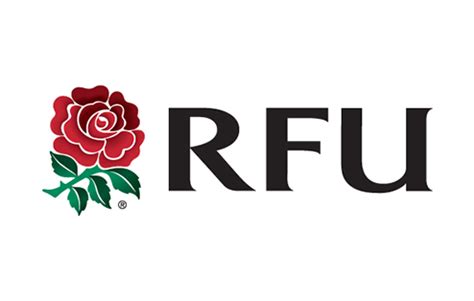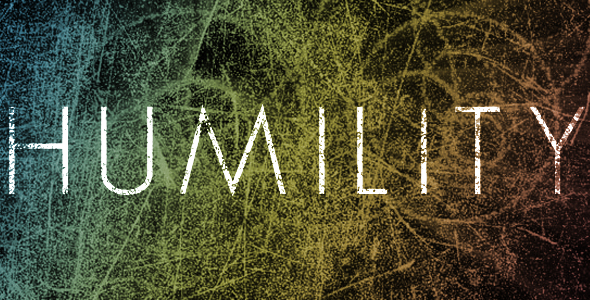Fraternising with the ‘Opposition’
The value of rivalry
When playing competitive rugby it is easy to be drawn into “us vs. them” narratives that paint ourselves as being the good guys in bitter, long running feuds with rivals. In all the rugby clubs I have been involved in there are rich and enduring stories told about rivalries with local clubs and famous victories which are recounted and retold on touchlines, at lunches and whenever there is someone to listen. These rivalries create a fantastic environment to motivate players to develop and improve and can add huge amounts of excitement and meaning to training and games.
Taking a step back
The community game of rugby is, I believe, about enjoyment of the game. Players pay to play and “put their bodies on the line” for their teammates. Their reward? The short-lived initial high of a win and post game celebrations, and an abiding stockpile of stories to be told for years to come of getting one over on local rivals, length of the field tries and legendary scrum dominance.
As a coach in the community game it can be easy to get caught up in rivalries, however, to do so can be to miss a great opportunity. One of the most enjoyable surprises for me on my transition from player to coach was tacking a step back from the “us vs. them” rhetoric and recognising that local ‘rivals’ are in fact the clubs that we have most in common with and their coaches often face very similar challenges to my own. This recognition allowed me to form valuable connections with ‘opposition’ coaches helping me to develop as a coach.
Working with ‘rivals’
Two of the ways that these connections can help a coach to develop are; through the sharing of ideas and the generation of honest feedback.
You probably wouldn’t choose to share your game tactics with an opposition coach, however there are many things that you could (and should) share without detriment to the competition that is so important to our game. Sharing ideas on what motivates players, designs for training sessions and adapting to new laws are just a few examples where through sharing we get insight into alternative ways of approaching common problems. Reflecting on how other coaches see the game and prepare players can help develop your own coaching vision and philosophy.
As you take on more senior coaching roles the number of sources who can supply candid feedback for your ideas reduces. Creating a network of coaches from other clubs can provide an objective sounding board that may be difficult to find within your own coaching context.
Practical ideas to collaborate with other coaches
- Shadow coaches at other clubs not directly in your league
- Make connections with coaches in your league after games and ask them about their challenges and successes
- Attend coaching courses and make connections with the other participants
- Organise joint training sessions with other clubs to run moves or practice live set piece
As a coach in the community game the learning acquired through this type of collaboration can create an improved experience for players, either through more varied and interesting training sessions or through having confident coaches who are able to develop players in a number of different ways.
Seeing opposition coaches as collaborators as well as competitors can unlock multiple ways to improve your coaching.





